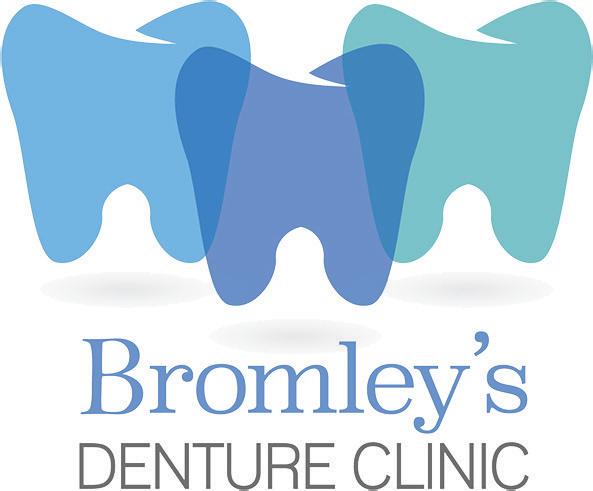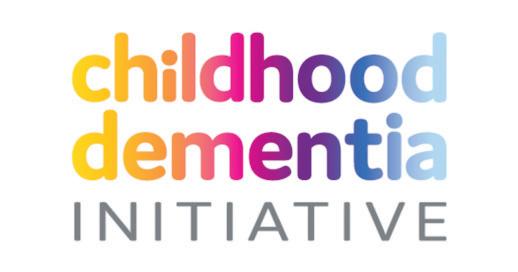
7 minute read
Health
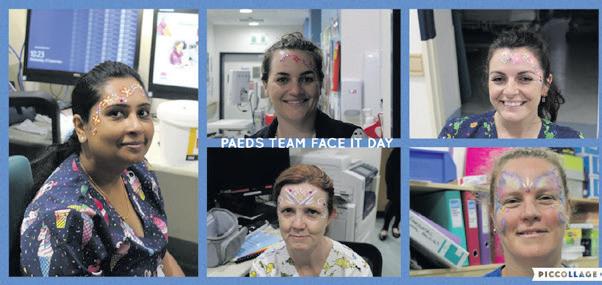
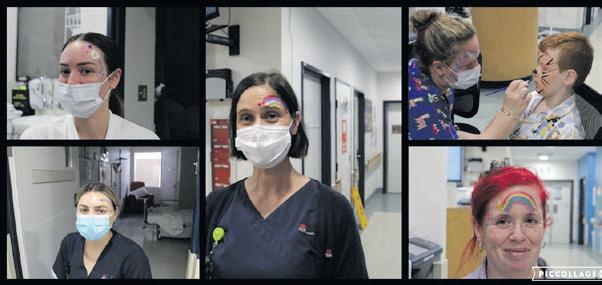
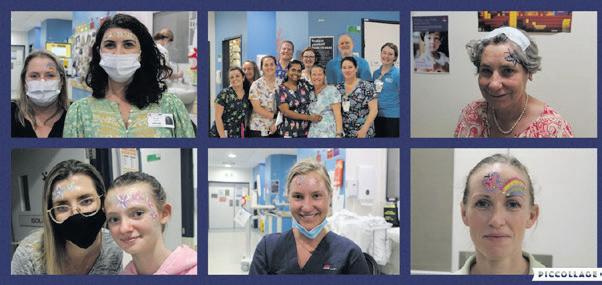
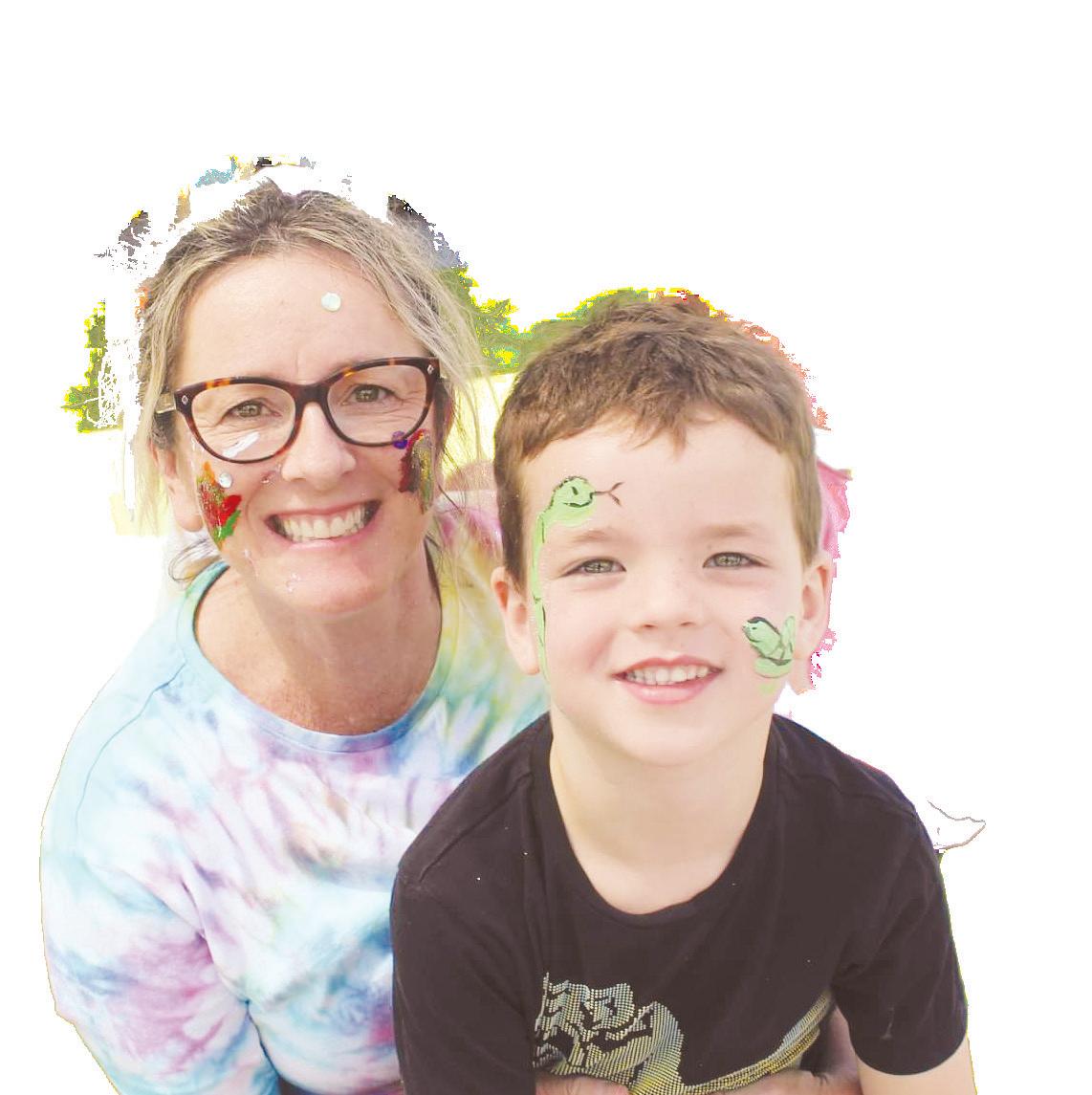
Having fun and doing some face painting together for the day is a great way to li spirits no matter where. And that’s what the team of paediatric nursing sta & children FIRST REPORT REVEALS URGENT NEED TO MAKE CONDITION THAT TAKES at Tweed Heads Hospital did on Wednesday 21 September, to raise awareness and funds LIVES OF 90 AUSSIE CHILDREN EACH YEAR A HEALTH PRIORITY for Childhood Dementia through their #faceit fundraising campaign. Childhood Dementia attacks the brain and central nervous system deteriorating the entire body over time, killing 90 CHILDHOOD DEMENTIA DAY Australian children every year - a similar number of deaths from childhood cancer. - 21 SEPTEMBER Look at those beautiful faces! All funds raised through the activity will be going to
www.childhooddementia.org/faceit
Report highlights urgent need for research funding and family support Tweed Hospital Clinical Nurse Specialist 1 Paediatrics and Acting Clinical Nurse Educator, Tennille Carmichael shared, “To mark Childhood Dementia Awareness Day, figures show childhood dementia receives 20 times less funding for research than childhood Tweed Hospital participated in the Face It Campaign. Tweed Hospital Associate cancer, with the same number dying in Australia each year. Director or Nursing and CEO came to the paediatrics unit to have their face painted 2 along with the Head of the Department, nurses, and other sta members. is was
extra special as it was the children &
September 2022: A world-first report titled, nurses who were the artist painting “State of Childhood Dementia:
everyone’s faces.
BOWEN THERAPY GENTLE, SAFE & VERY EFFECTIVE PAIN RELIEF this month3, draws attention to a dangerous lack of research and appropriate care and support for families living with childhood dementia, as statistics show the condition is taking a tes globally.4 “As further education and awareness is needed for Childhood Dementia, we held an a ernoon tea and service on what Childhood Dementia is and the impact it has on the patients, families, friends, the healthcare system and communities. “We encouraged all sta members to For all your aches, pains, strains and donate a gold coin to raise much-needed migraines THINK BOWEN THERAPY Childhood dementia attacks the brain and central nervous system funds for further research and clinical trials. “It was an honour to participate in deteriorating the entire body (THE AUSSIE THERAPY) over time, killing 90 Australian children every year - a similar number of deaths from childhood the Face It Campaign, and we hope that our e orts will support the Childhood Dementia Initiative in the amazing work Practicing Bowen Therapy for the past 27 years cancer, however childhood dementia receives 20 times less government funding for research than they are doing for Childhood Dementia.” #faceit #childhooddementia LISMORE 23 McIntosh Rd, Goonellabah
www.childhooddementia.org 6624 4424 (Every Tuesday) CASINO
Childhood Dementiais Shop 8, Kwong Sings Arcade genetic, progressive, and 6662 2829 (Every Thursday) This year, Childhood Dementia Day (21 September) aims to increase awareness about the condition terminal, caused by more than 70 individual genetic that affects approximately 2,273 Australians6 disorders although very little is known about and will shed light on the challenges faced by families who are exposed to the devastating impacts of the disease. Childhood Dementia’s biggest it. Global dementia strategies have overlooked fundraising campaign, FACE it, will also be running through September in schools, communities, childhood dementia and it remains unrecognised as a class of disease in the World Health Organisation’s International Classi cation of Diseases, the Diagnostic and Statistical Manual of The report has strongly recommended increased funding and improvements in health and social Mental Disorders or any other diagnostic care systems to effectively meet the needs of families, as well as calling for childhood dementia to system worldwide. Marking Childhood be included in local and global policies regarding dementia Dementia Day, Professor John 7 . Christodoulou, Director of Genetics Research eme, Co-Leader of the Brain and Mitochondrial Research Group and member of the Childhood Dementia Initiative’s Scienti c Medical Advisory Committee, said the report outlines the urgent need for improved access to early diagnosis and clinical trials. “Early diagnoses of Childhood Dementia is incredibly important but currently a de nitive diagnosis can take months if not years. By that time, the child’s condition can be too far progressed. ere are only 14 clinical trials currently active in Australia covering just nine of the 70+ childhood dementia disorders. “ is Childhood Dementia Day we are calling on government and health bodies to consider the impact of this insidious disease on our families, communities and the economy which is devastating for all a ected. “Impacted families must overcome substantial barriers before getting access to the right care and support. In some cases, it can take up to 9 months or longer for a diagnosis to be given,” he said. “Our focus must be to provide suitable care and support to families as well as champion urgently needed research and treatment trials to ensure early diagnosis,” said Professor John Christodoulou. “ e development of innovative novel genetic and other therapies has made us optimistic about being able to make a signi cant impact on the lives of children a ected by the devastating disorders that sit under the Childhood Dementia umbrella,” he concluded. As with adult dementia, childhood dementia signi cantly reduces life expectancy. Most children with the condition will only live until their late teenage years. Childhood dementia symptoms include experiencing confusion, memory loss, trouble concentrating, understanding, learning, and communicating, as well as personality changes including behavioural and emotional issues. Renee Staska is mother to Hudson (7), Holly (6) and Austin (4), all of whom have a disorder that causes childhood dementia. She explains the challenges her family experiences daily and says despite the incidence, childhood dementia is still not receiving the awareness it deserves. “I have three happy children who are full of life, yet their lives are on short time. My main priority is to ensure that we ll a lifetime of memories into a few short years,” says Renee. “I know as a parent how isolating it can be and there are days where you feel completely hopeless. I want to make other families, like ours, living with childhood dementia feel supported and have hope for a future with more research and treatments available to overcome this disease,” adds Renee. Louise Jessop lost her son Dylan at age 12 to one of the types of Childhood Dementia known as San lippo syndrome. Dylan was diagnosed at age two and from then on there was a gradual mental and physical decline. “We made every e ort to ensure Dylan got the best of care so as he could live his best life, but there were enormous stressors and limitations on him and the rest of the family,” says Louise. “Life became all about hospital visits, doctor appointments and managing symptoms including incontinence, losing his ability to eat, screaming due to his brain shrinking, loss of mobility, loss of speech, sleep and behaviour issues. We were told by doctors that Dylan would lose all his skills and knowledge, that he would need constant supervision. He gradually faded away, until his death,” adds Louise. e report also revealed that globally there are 18-fold fewer clinical trials for childhood dementia than cystic brosis and highlighted the need for innovative clinical trial designs to streamline the testing of more potential treatments for more types of childhood dementia. Dr Nicholas Smith, a Consultant Neurologist and Department Head of Neurology and Clinical Neurophysiology at the Women’s and Children’s Health Network, has joined the expert scienti c and medical advisory committee to support medical research across the spectrum of childhood dementia. “ e Childhood Dementia Initiative is a game-changer for families a ected by this debilitating condition. It provides an opportunity to profoundly impact clinical care and escalate timelines to rapidly transfer new treatments to the bedside bringing much needed support and relief to parents,” says Dr Smith. Childhood Dementia Initiative is an Australian not-for-pro t established in 2020 to urgently disrupt the impact of childhood dementia. It is driving world- rst changes to the way childhood dementia is considered, researched, and responded to in order to accelerate the development of treatments and improve accessibility and quality of care for children. Childhood Dementia Initiative is currently a nalist for the Emerging NFP of the Year ird Sector Award. For further information visit
www.childhooddementia.org Tweed Heads Hospital PAEDS TEAM FACE IT DAY
